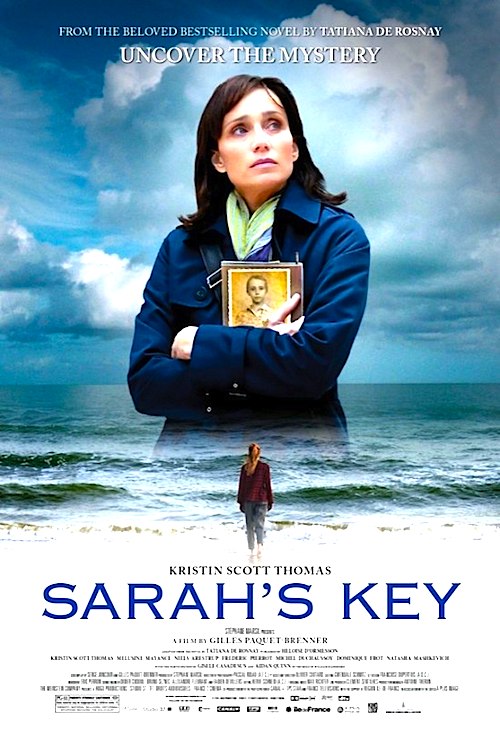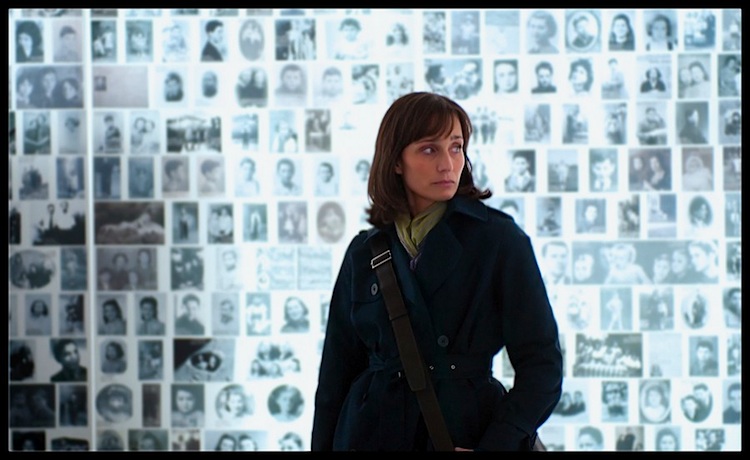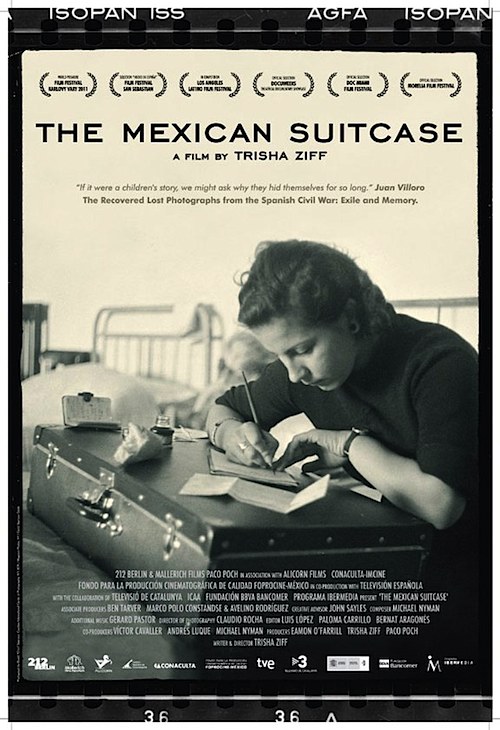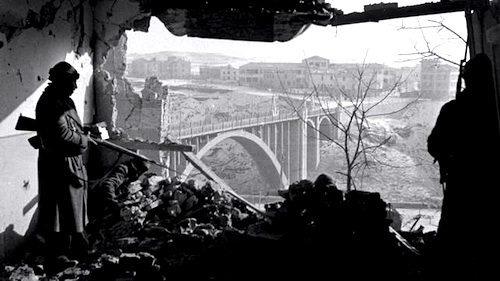 By Patricia Ducey. The year is 1942; the place, a temporary camp for French Jews just outside Paris. As French gendarmes tear infants away from their hysterical mothers, the children and mothers panic and stampede the police. The officer in charge perceives that the rioting will soon spiral out control. “Cooperate,” he bellows soothingly to the distraught families, “and all will be well.” The crowd calms and a tense order is restored; the women and able-bodied children file away to the waiting train and disappear inside, never again to see the toddlers they left behind.
By Patricia Ducey. The year is 1942; the place, a temporary camp for French Jews just outside Paris. As French gendarmes tear infants away from their hysterical mothers, the children and mothers panic and stampede the police. The officer in charge perceives that the rioting will soon spiral out control. “Cooperate,” he bellows soothingly to the distraught families, “and all will be well.” The crowd calms and a tense order is restored; the women and able-bodied children file away to the waiting train and disappear inside, never again to see the toddlers they left behind.
As I watch this heartbreaking sequence another image comes to mind, perhaps because the ten-year anniversary approaches: the passport image of a 9/11 suicide hijacker. I am struck by the memory of his similar, chilling admonition to “stay quiet and you’ll be okay” as he steered the plane towards the Towers. I now understand why the lies of tyrants and murderers are so simple and so timeless – because they play upon a human nature that rejects the terrible knowledge of such evil. Those simple lies work. This vulnerability resonates throughout the new film Sarah’s Key into the present day, elevating the film from Lifetime bathos to must-see drama.
French director Gilles Paquet-Brenner adapts the best selling novel by Tatiana de Rosnay and brings it successfully to life. His Sarah’s Key whittles down the story to an effective through-line, eliminating some of the novel’s distracting twists and turns – and at the same time fleshing out the characters through a smart and economical script, expert actors and rich cinematography. We feel in the end that this novel had to be a movie, this very movie.
The film begins as Julia Jarmond, an American journalist married and living in Paris, takes on a story assignment about the 1942 roundup of Jews in Paris. She soon discovers a paucity of information: the site of the roundup was torn down years before and only one photograph remains of the incident, buses waiting outside the velodrome. The government has no written records or photos of what went on inside.
The Parisian government willingly collaborated with the Nazis, and prepared well for the morning when they knocked on the doors of thousands of apartments and herded the Jews inside into transports that delivered them to the famous indoor bicycle stadium. These French Jews remained at the Velodrome d’Hiver for days in stifling heat with no sanitary facilities or adequate water; many died there. The rest were eventually transported to camps outside Paris and then to the trains to take them to camps they were told, as usual, were work camps.

As Julia interviews private individuals still searching for survivors and records, she discovers that her in-laws may have taken over an apartment in the Marais left empty by one such deported Jewish family. The concurrent story of that Jewish family, especially of the daughter Sarah – who hides her little brother in a secret closet in the apartment – intercuts with the present day events until the strands finally come together.
Kristin Scott-Thomas plays Julia, the American living in Paris with her French husband, and handles both the investigative journalist role and her domestic currents with equal skill and heart. The script by Serge Joncour concentrates on her persistence and emotional openness so that we simply cannot imagine anyone else playing her. But young French actress Melusine Mayance as Sarah Starzynski simply amazes; she fills the screen in a pitch perfect performance, full of love and sorrow, courage and intelligence. Wisely, the director allows Sarah’s tragic 1942 story to emerge as the foreground story, while Julia’s present day difficulties provide an echo of the past and a reminder of some eternal truths. Continue reading The Legacy of The Holocaust in France: LFM Reviews Sarah’s Key

